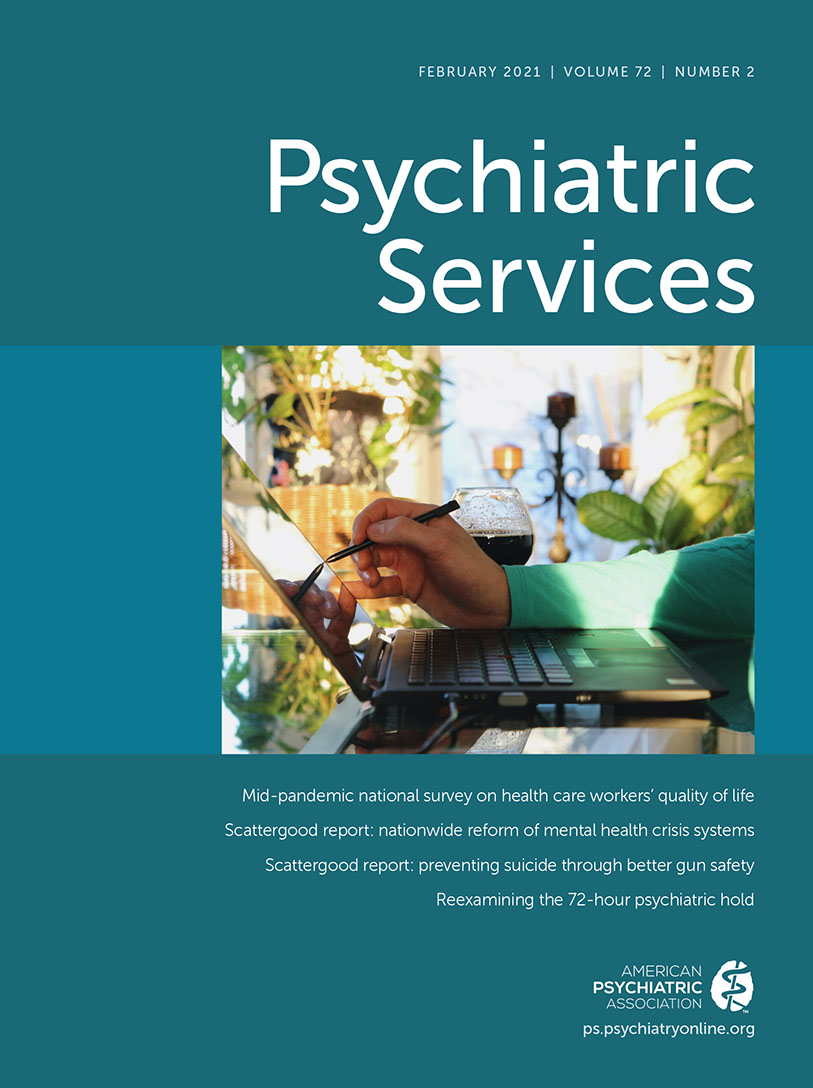Outcomes of Ending Self-Stigma, a Group Intervention to Reduce Internalized Stigma, Among Individuals With Serious Mental Illness
Abstract
Objective:
Ending Self-Stigma is a nine-session group intervention designed to teach individuals experiencing mental illness a set of tools and strategies to effectively deal with self-stigma and its effects. The authors examined the efficacy of Ending Self-Stigma with an active comparison group focused on general health and wellness education (the Health and Wellness intervention) in a cohort of veterans.
Methods:
Veterans with serious mental illness (N=248) were randomly assigned to either the Ending Self-Stigma or the Health and Wellness intervention. Participants completed assessments of symptoms, internalized stigma, recovery, sense of belonging, and other aspects of psychosocial functioning at baseline, posttreatment, and 6-month follow-up. Repeated-measures, mixed-effects models were used to examine the effects of group × time interactions on outcomes.
Results:
Individuals in both groups experienced significant but modest reductions in self-stigma and increases in psychological sense of belonging after the treatments. The Ending Self-Stigma and Health and Wellness interventions did not significantly differ in primary (self-stigma) or secondary (self-efficacy, sense of belonging, or recovery) outcomes at posttreatment. Significant psychotic symptoms moderated treatment effects on self-stigma, such that among individuals with significant psychotic symptoms at baseline, those who participated in Ending Self-Stigma had a significantly greater reduction in internalized stigma than those in the Health and Wellness intervention.
Conclusions:
Interventions directly targeting self-stigma and those that may address it more indirectly may be helpful in reducing internalized stigma. Individuals experiencing psychotic symptoms may be more likely to benefit from interventions that specifically target self-stigma.



